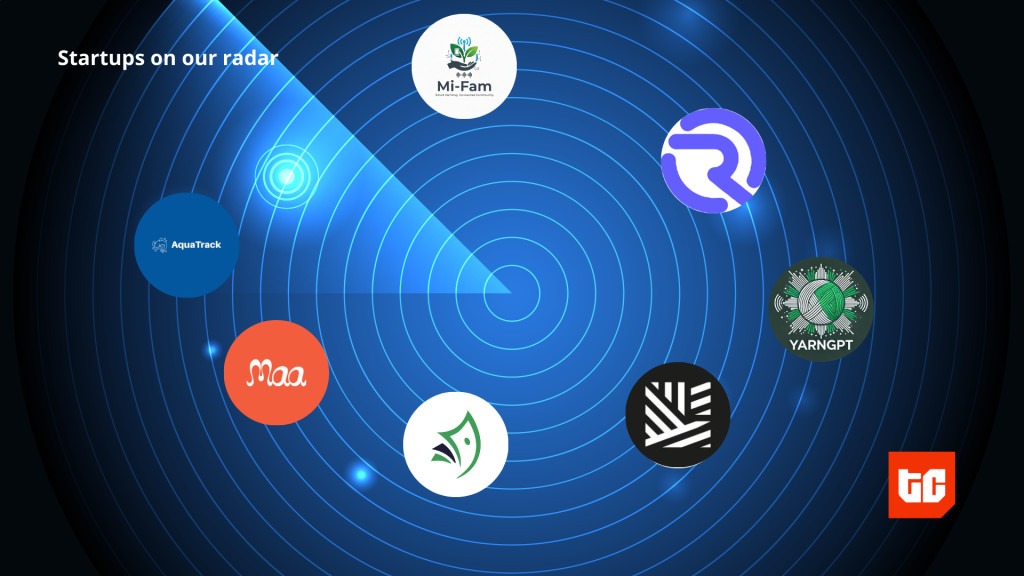Before MTN came to Nigeria, they were a mid-sized telco in playing in South Africa. 14 years later, MTN is a regional juggernaut, controlling 50% of Nigeria’s install base and making billions in revenue from across the continent.
It hasn’t been easy – MTN has been a brilliant executor, ruthless lobbyist and fearsome marketer. There are rumors that MTN helped delay number portability until customers didn’t care any more. Even though they were the most hit by the initiative, the absolute numbers involved in the entire programme so far have been a rounding error to their install base.
A few years ago, an MTN executive told me “we’re going to focus on the internet now; we’re going to provide cloud services”.I thought it was funny. Who would trust MTN, notorious for their epic downtimes, with their cloud data. Even though that service didn’t catch on at the consumer level, they soldiered on – launching a series of services, including the somewhat hilarious MTN XAAS – Anything As A Service.
They also started adding apps – acquiring the popular Fans Connect and then Afrinolly (from the same company by the way). They also worked with technical partners to release other products including MTN Mobile Ads and more recently, DoBox. Their most ambitious move yet was the investment in African Internet Holdings, which gave MTN a leg into Jumia across Africa. As far as I can see, that was the clearest announcement of intent on their part.
MTN’s moves on the internet seem to be simultaneously offensive and defensive. On one hand, having the largest network in Nigeria, they want to use their heft to provide distribution for favored services – sometimes rubbing their customers the wrong way. For example, they pushed an Afrinolly launcher to their install base, prompting protests and spawning thousands of posts providing instructions on how to remove the launcher from phones.
On the other hand, MTN isn’t stupid. They’ve seen the damage OTT services such as Whatsapp, WeChat and Facebook have done to telcos all over the world. Their move into the internet isn’t just for no reason – it’s a matter of survival.
The launch of MTN Music Plus is another chapter in the transition of MTN from a telecommunications company to a conglomerate providing technology, communications, financial solutions and God-knows-what-else.
Will they succeed in this? Or will the forces of the Innovator’s Dilemma be too strong for the company to completely reinvent itself?
MTN has had mixed success in their internet adventures – they have been unable to dominate the cloud market the way they dominated mobile business; MTN FansConnect has been reinvented as a hashtag and it’s still too early to tell about DoBox. However, a partnership with Huawei to consolidate their Ring Back Tune business has spawned a billion-naira behemoth that’s the envy of the entire industry and probably the largest digital music platform in Nigeria. This isn’t the first time MTN has tried to sell music on the internet – their MTN Play Store was a brave effort at selling downloads but the market didn’t bite.
Today, MTN is taking a different tack – offering low-cost streaming and charging nothing for the service. MTN seems to have embraced disruption, choosing to leverage their network to sell services rather than waiting for competitive forces to put pressure on their margins. It’s a bold strategy – one that’s great for consumers now but scary for startups. If MTN succeed in this, it would make life very difficult for local music startups. One CEO confessed to me privately that this was a nightmare scenario for his company.
Should they succeed here, MTN’s ambitions will not end there. Where will they go next? Time will tell.















